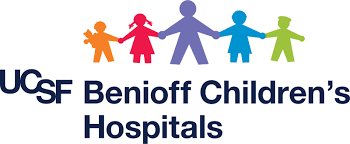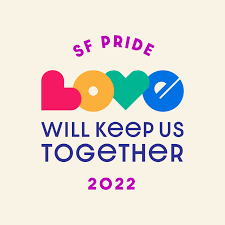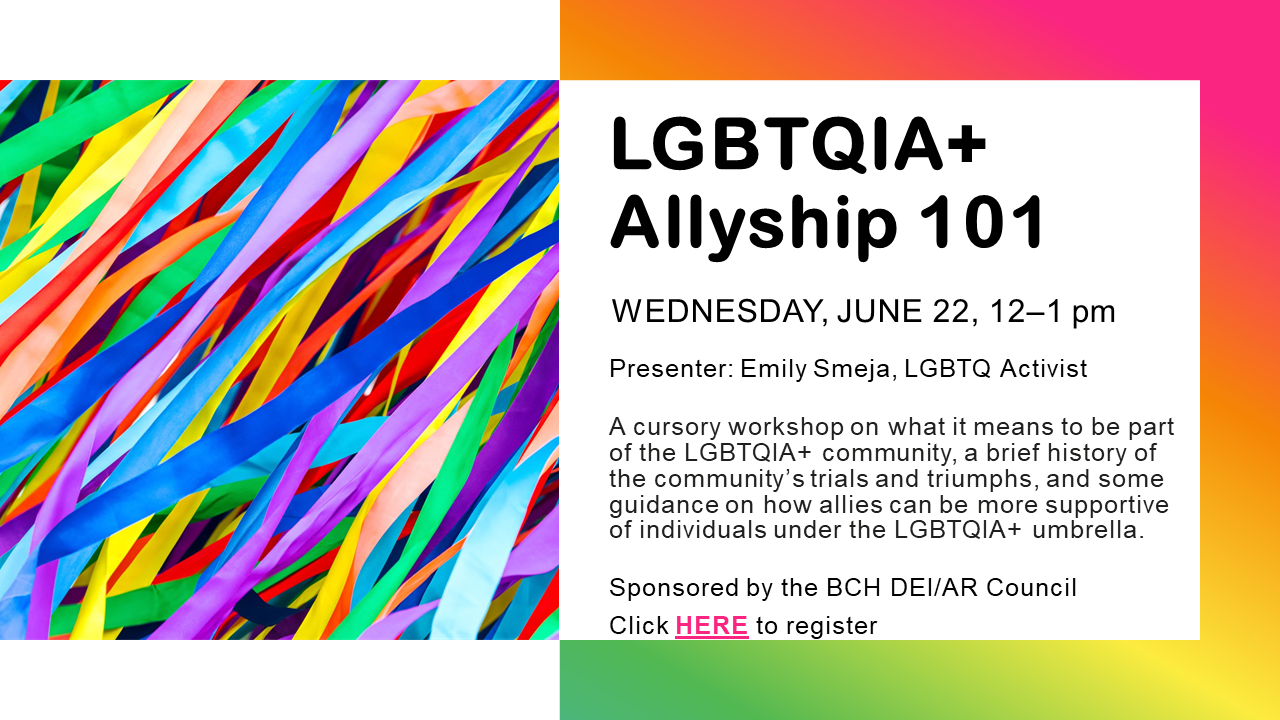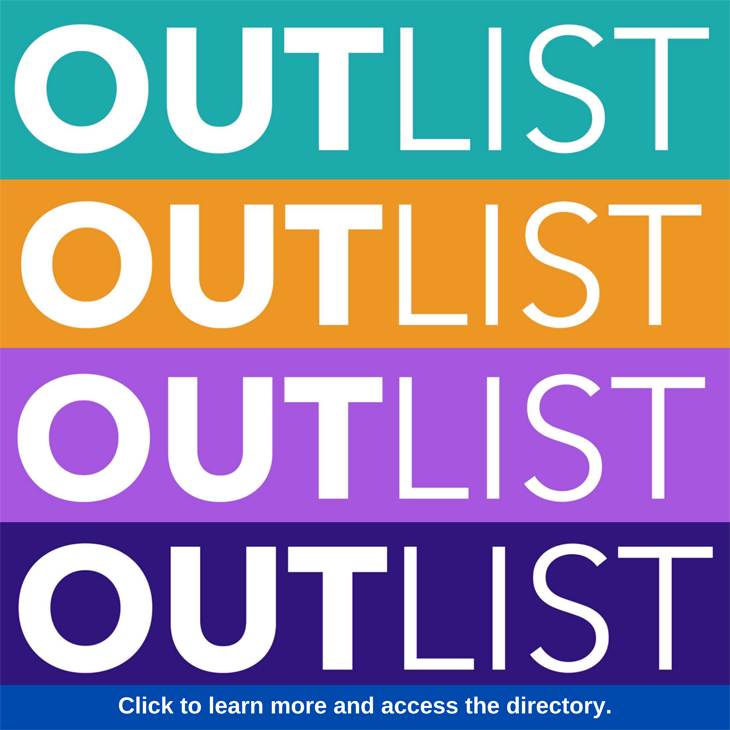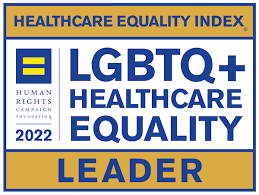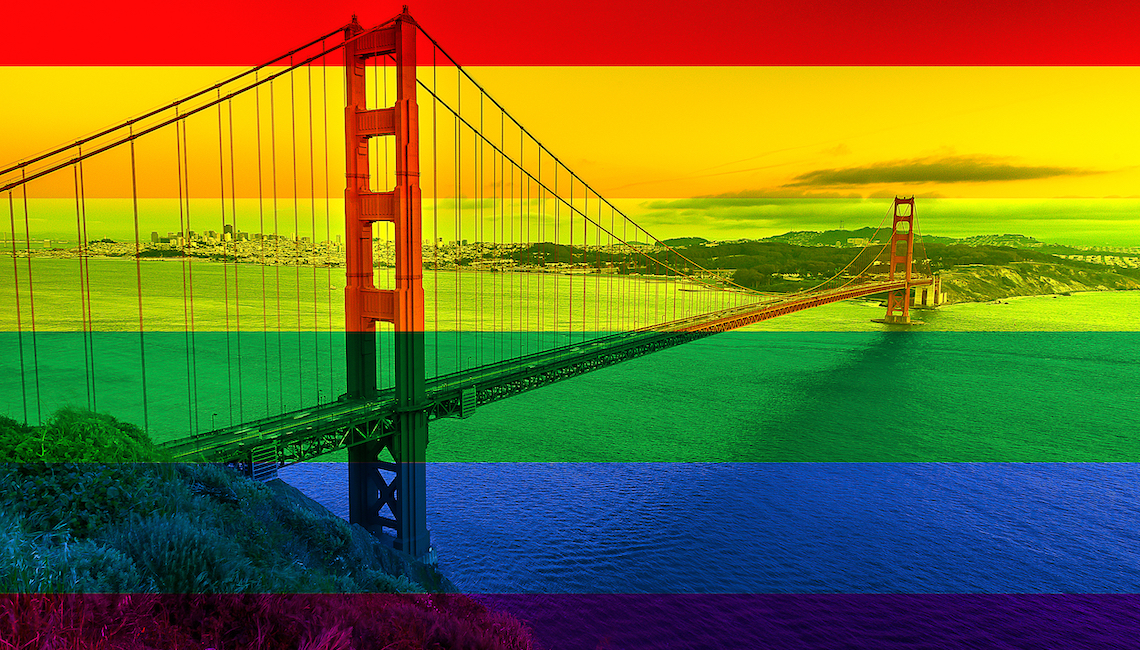Lesbian, Gay, Bisexual, Transgender, Questioning + Pride Month (LGBTQ+ Pride Month) is celebrated annually in June to honor the 1969 Stonewall riots, and works to achieve equal justice and equal opportunity for lesbian, gay, bisexual, transgender, and questioning (LGBTQ+) Americans. In June of 1969, patrons and supporters of the Stonewall Inn in New York City staged an uprising to resist the police harassment and persecution to which LGBT Americans were commonly subjected. This uprising marks the beginning of a movement to outlaw discriminatory laws and practices against LGBT Americans.
Today, celebrations include pride parades, picnics, parties, workshops, symposia and concerts, and LGBTQ+ Pride Month events attract millions of participants around the world. Memorials are held during this month for those members of the community who have been lost to hate crimes or HIV/AIDS. The purpose of the commemorative month is to recognize the impact that LGBTQ+ individuals have had on history locally, nationally, and internationally.
Pride Month Zoom Backgrounds
Please download any of these virtual backgrounds and add them to your Zoom by following these steps:
- In the Zoom.us desktop client, go to 'Settings' as noted above and select 'Visual Background'.
- Using the (+) icon, upload your new background.
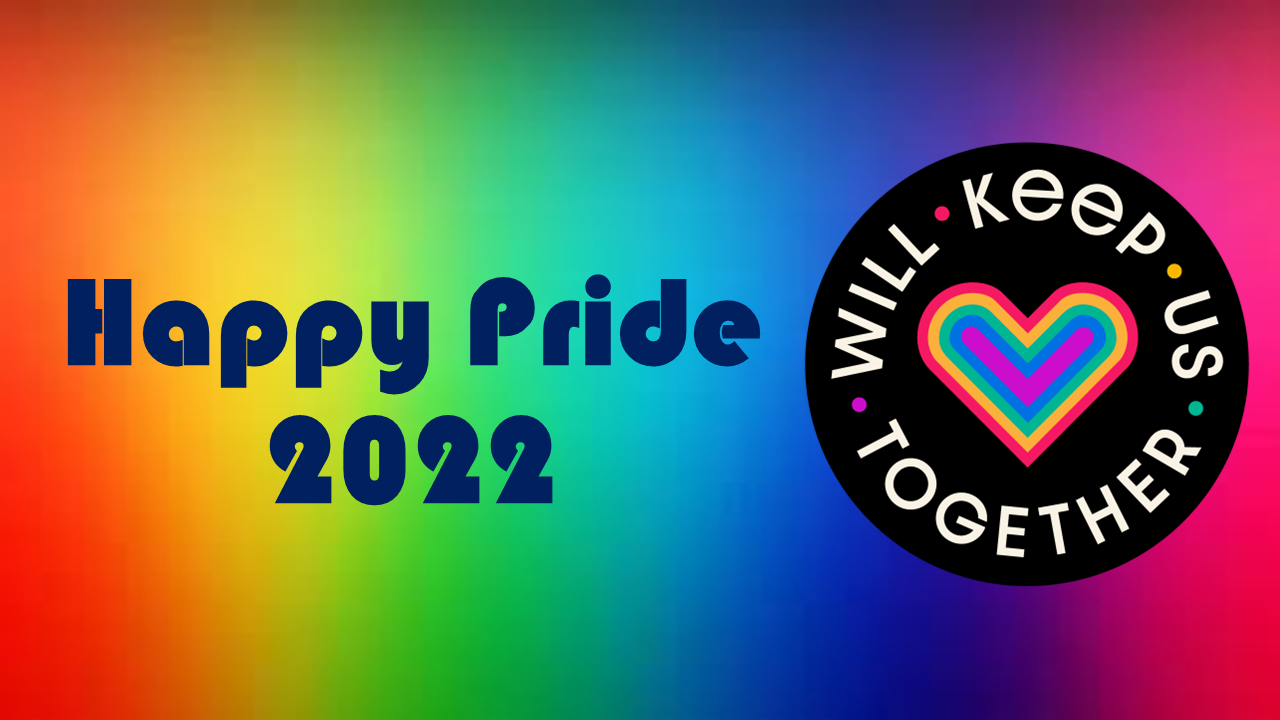
#UCSFPride
UCSF Pride Events
UCSF is marching at the 52nd Annual San Francisco Pride Parade!!
Sunday, June 26 | 10 am - 5 pm
UCSF heads once again to this year's Annual San Francisco LGBTQ Pride Celebration & Parade! The first 250 to sign-up will receive instructions to pick up their event t-shirt; please sign-up before June 15. Open to all UCSF students, staff, trainees, faculty and friends/family.
SF Pride March
- All marchers will meet at 10 am on Spear Street between Market and Mission, near the Embarcadero. We are expected to start marching between 10:40 am - 11 am.
- UCSF is contingent #19 under UCSF Alliance Health Project
- Please do not drive to the parade. Streets will be closed near the Embarcadero to accommodate the parade contingents.
- Use public transportation such as MUNI and BART - exit Embarcadero Station.
- Bring your own water, sunscreen, and snacks.
UCSF Pride T-shirts
For those who have registered early to receive the UCSF Pride t-shirts, they can be picked up at the following locations:
- Thursday, June 23, 10 am - 4 pm at the Mission Bay Housing Office, 1505 4th St #101
- Friday, June 24, 10 am - 4 pm at LGBT Resource Center in 500 Parnassus Ave., MU 102
- Sunday, June 26 at the parade march
Monitor Training
- We need additional people to sign up as a Contingent Monitor. Monitor training is only 10 minutes and can be completed online.
- Contingent Monitors must watch this training video.
- Register as a Monitor using this form.
- OUR GROUP'S CODE IS UC7204 (Alliance Health UCSF)
- Codes are in alpha numeric order by registration date, so please be sure to scroll all the way down to the bottom of the list to search for your code.
LGBTQIA+ Allyship 101
Wednesday, June 22 | 12 pm - 1 pm
Presenter: Emily Smeja, LGBTQ Activist
A cursory workshop on what it means to be part of the LGBTQIA+ community, a brief history of the community’s trials and triumphs, and some guidance on how allies can be more supportive of individuals under the LGBTQIA+ umbrella.
Sponsored by the UCSF Benioff Children's Hospital DEI/AR Council
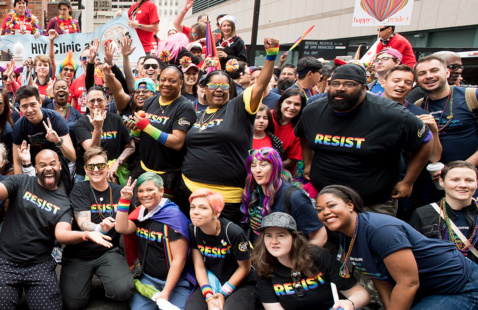
UCSF LGBTQIA+ End of the Year Gathering
As we gear up for LGBTQ Pride Month and the San Francisco Pride Parade, the UCSF LGBT Resource Center and the UCSF LGBTQ Committee gladly invites you to attend the annual LGBTQIA+ End of the Year Gathering! With a special appearance by the Sisters of Perpetual Indulgence!
Wednesday, June 15, 2022 from 4-6pm
Spark Social SF, 601 Mission Bay Blvd.
RSVP is required to attend as space is limited. The first 50 people to arrive at Spark will receive food tickets!
If you have any questions about this event please contact the Assistant Director of the LGBT Resource Center, Tracy García, at [email protected]
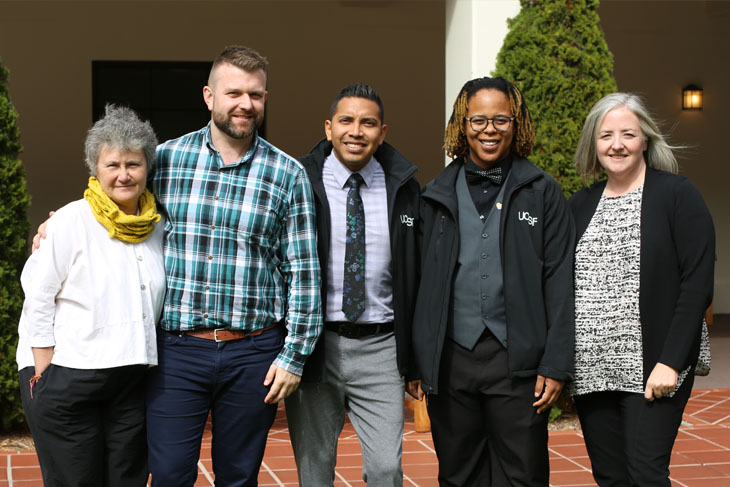
Join the UCSF LGBTQ Committee!
Applications to join the UCSF LGBTQ Committee are due by July 6. Our mission is to actively assess the UCSF climate as experienced by LGBTQ+ faculty, staff and learners. We will listen to and address the concerns and interests of the LGBTQ community and act as an advisory group to the Office of Diversity and Outreach. We will promote the visibility, inclusion and equity of the LGBTQ+ community at UCSF.
UCSF Resources
- Alliance Health Project
- Annual LGBTQIA Health Forum
- BCH Child and Adolescent Gender Center
- BCH Family Care Network
- Center for Sexual and Gender Minority Health
- Center of Excellence for Transgender Health
- Center for AIDS Prevention Studies
- Graduate & Postdoc Queer Alliance
- LGBTQ Advisory Committee
- LGBTQ Resource Center
- Student Groups
- Transgender & Gender Expansive Resources
- UCSF Transgender Care
- UC Transgender and Non-Binary Health Benefits
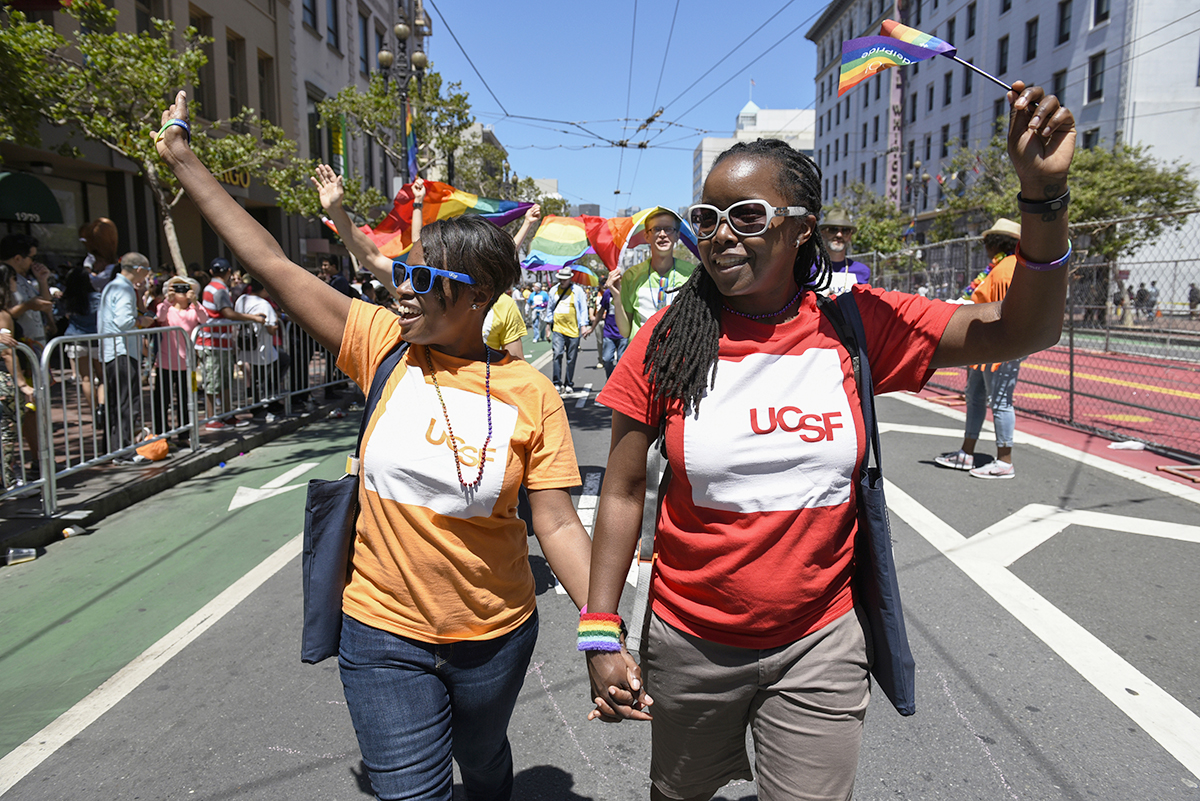
Support Services
Pronouns Matter Campaign
How can I be inclusive in using and respecting gender pronouns?
- Edit your email signature to include your pronouns
- Wear your pronouns sticker on your UCSF ID badge - Stickers are already available in the the badging office in both BCH Oakland and Mission Bay.
- Update your pronouns on the UCSF directory
- Include your pronouns on virtual meetings
UCSF LGBTQ+ Inclusive Policies
UCSF Health has been named a “LGBTQ+ Healthcare Equality Leader” by the Human Rights Campaign (HRC) Foundation for the 15th consecutive year.
The Healthcare Equality Index (HEI) recognizes health care facilities for their dedication to inclusive policies and care for LGBTQ+ patients, visitors and employees. It is released annually by the HRC Foundation, the educational arm of the nation’s largest lesbian, gay, bisexual, transgender and queer (LGBTQ+) civil rights organization.
Protecting Our Trans Youth
Statements and publications regarding anti-trans legislation
- PES response to Governor Greg Abbott’s Directive Regarding Management of Transgender Children and Adolescents (2022)
- PES Position Statement Opposing Bills that Harm Transgender Youth (2021)
- PES Statement Against Public Discourse that Risks the Well-being of Transgender and Gender Diverse Youth and their Families (2019)
- Press Release on Discriminatory policies that threaten care for transgender, gender diverse individuals
- Endocrine Society Position Statement on Transgender Health endorsed and created in partnership with PES
- Endocrine Society Policy Perspective created in partnership with PES
- Yale faculty publication examining the scientific claims underlying Texas’s attempt to treat gender-affirming care as “child abuse
Educational Materials
- Introduction to Health for Transgender Youth
- Gender Terminology and Gender Dysphoria
- Masculinizing Treatment for Transgender Males
- Feminizing Treatment for Transgender Females
- Parental Support of Transgender and Gender-Expansive Children and Youth
- Pubertal Suppression for Youth with Gender Dysphoria/Gender Incongruence
- Working with your Child’s School
- Endocrine Society Transgender Health Minors fact sheet created in partnership with PES
LGBTQ+ Bay Area Resources
Asian and Pacific Islanders
HOTLINES
- The GLBT Hotline of San Francisco: 415-355-0999
- GLBT National Hotline: 1-888-843-4564
- GLBT National Youth Talkline: 1-800-246-7743
- Trevor Project Hotline (Queer Youth Suicide Prevention): 866-488-7386
- California AIDS, STD, & Hepatitis Hotline: 1-800-367-2437
- Sexual Assault - Community Violence Solutions: 800-670-7273
- Contra Costa Crisis Center for Suicide & Crisis Intervention: 800-273-8255
Children's Books that Celebrate Pride
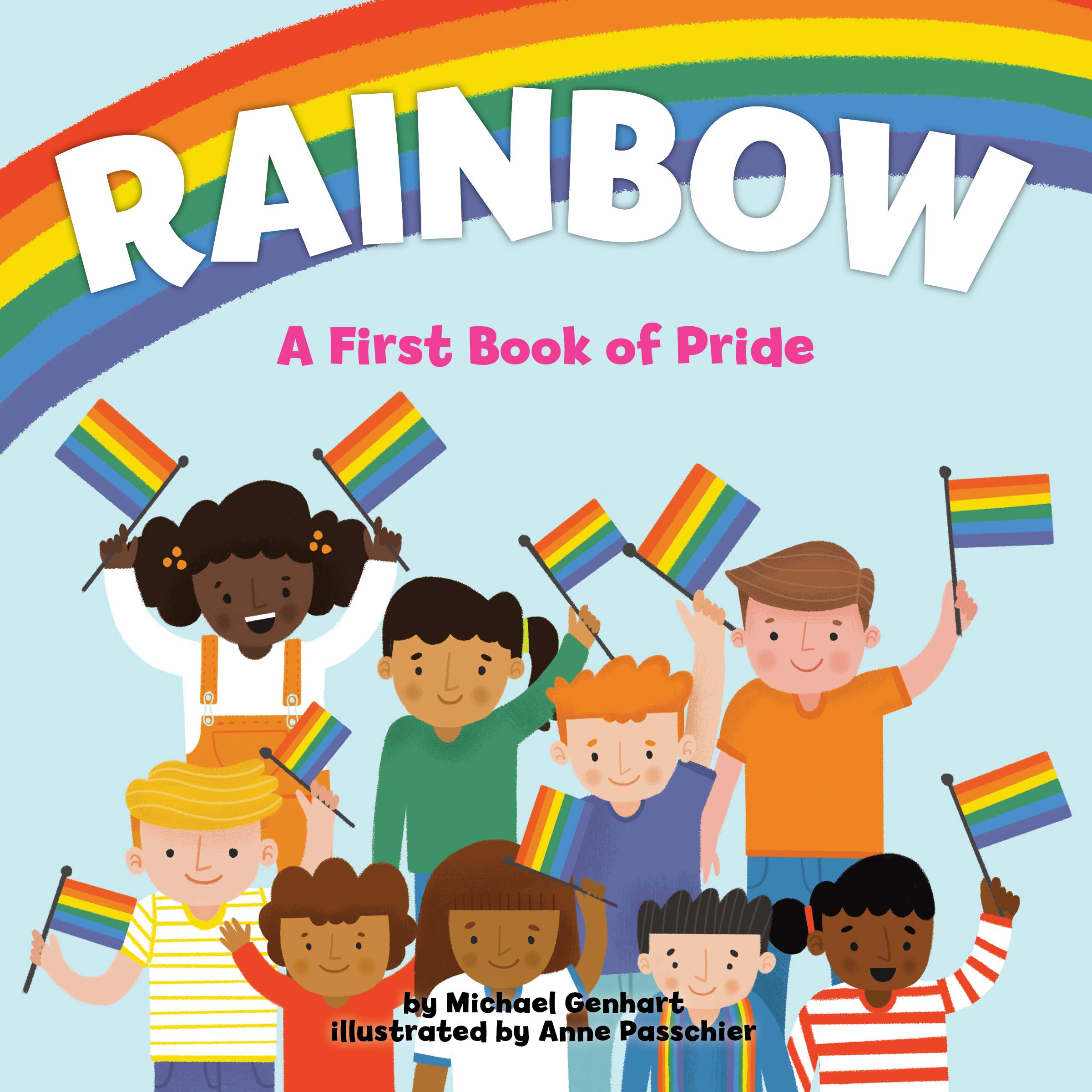
- 10 of the best children's books that are LGBTQ+ inclusive, chosen by experts
- 20 picture books to help you raise kind, tolerant kids
- 17 children's books with queer characters that deserve yoiur attention
- 18 multi-cultural children's books featuring LGBTQIA characters
- Understanding Transgender with LGBTQ+ books for kids
- Best LGBT Chilren's Books on Amazon
Videos
